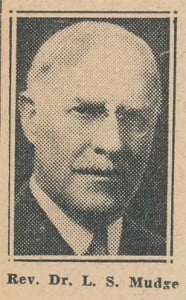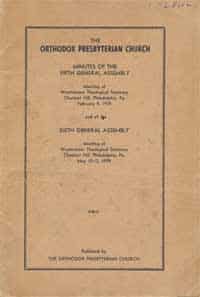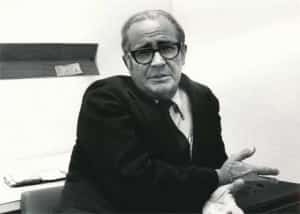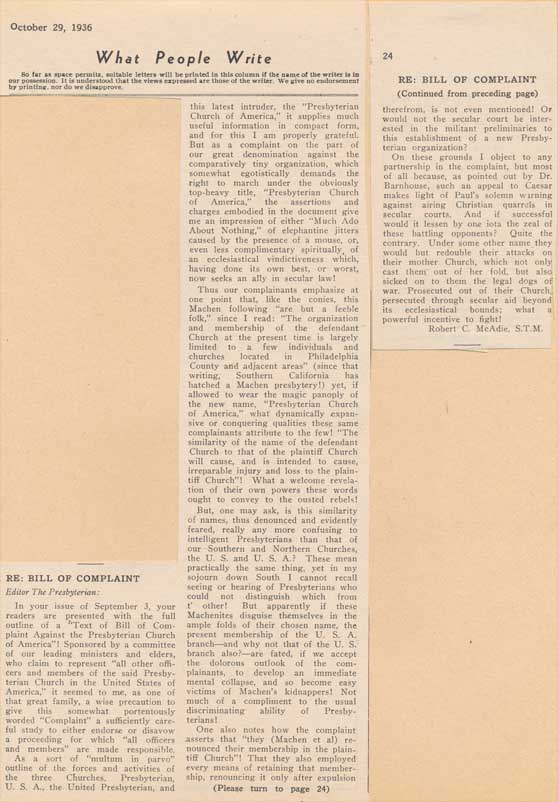The Strange Testimony of an Irish Presbyterian
by Rev. David T Myers
When my fellow editor, Wayne Sparkman, asked me to present this biographical post of a character from the eighteenth century, and sent me some material from which to write it, one sentence jumped out of the sentences about this Presbyterian minister. That sentence was that “he was suspended for contumacy.”
Now, lets face it, the word “contumacy” is not a word which we use every day, or even every month. According to Webster, it comes from the Latin which means “rebellious.” Thus, it is “stubborn resistance to authority, specifically willful contempt of court.” And the “court” here means the church court, like the Presbytery. In that sense, it is found in the PCA Book of Church Order, in the Rules of Discipline, chapter 32:6 and 33:2, 3 to speak of those who refuse to either appear or answer the charges of a church court. And that is what happened to our character today, the Rev. James Martin.
The facts are that James Martin was born in Ireland in 1725, educated in Scotland, studied theology in the Antiburger Divinity Hall, class of 1749, and ordained in Bangor, Ireland, in 1753, and received by the Presbytery of Pennsylvania, at Pequea, Pennsylvania, on August 1, 1775.
Certainly he was not known then as a contumacious minister. The certificate which accompanied his transfer to America stated that “he was for many years a member of the Associate Presbytery of Moira and Lisburn, in Ireland, and behaved soberly and inoffensively, suitable to his character as a minister and Christian.” The written draft went on to state that “he departs with an unblemished reputation” with nothing to hinder his admission as a member of the Associate Presbytery of Pennsylvania..
And so he ministered the Word of God and the testimony of Jesus Christ in the counties of Franklin, Adams, Cumberland, and Northumberland in Pennsylvania. He also ranged far south in the “states” of Virginia and North Carolina.
From what little we can ascertain, he declined the spiritual authority of the Presbytery in 1777. They disciplined him with suspension of his ministry credentials. Yet it is odd that we read of his continuing ministry with spiritual profit to members in Presbyterian churches until his death on this day, June 20, 1795. What gives?
Words to Live By:
We can only surmise that his continuing ministry after his suspension by the Presbytery meant that there was a spiritual repentance and restoration as a Presbyterian undershepherd. That is possibly, given biblical repentance, but as our Book of Church Order states, “he (must) exhibit for a considerable time such an eminently exemplary, humble and edifying life and testimony as shall heal the wound made by his scandal.” (Rules of Discipline, 34:8.) While the court which brought about the censure has the ultimate responsibility to do that, all of us Christians need to be ready as Paul puts it in Galatians 6:1, “Brethren, if a man be overtaken in a fault, ye which are spiritual, restore such an one in the spirit of meekness: considering thyself, lest thou also be tempted.” (KJV) The case of “overtaken” speaks of being overtaken suddenly by a sin. In addition, the word “restore” is a medical one. It spoke of a bone out of joint, which was to put back tenderly and resolutely by those who are spiritual. Are you available and able to become that kind of spiritual helper to restore a sinner who is repentant to the visible church of Jesus Christ?






